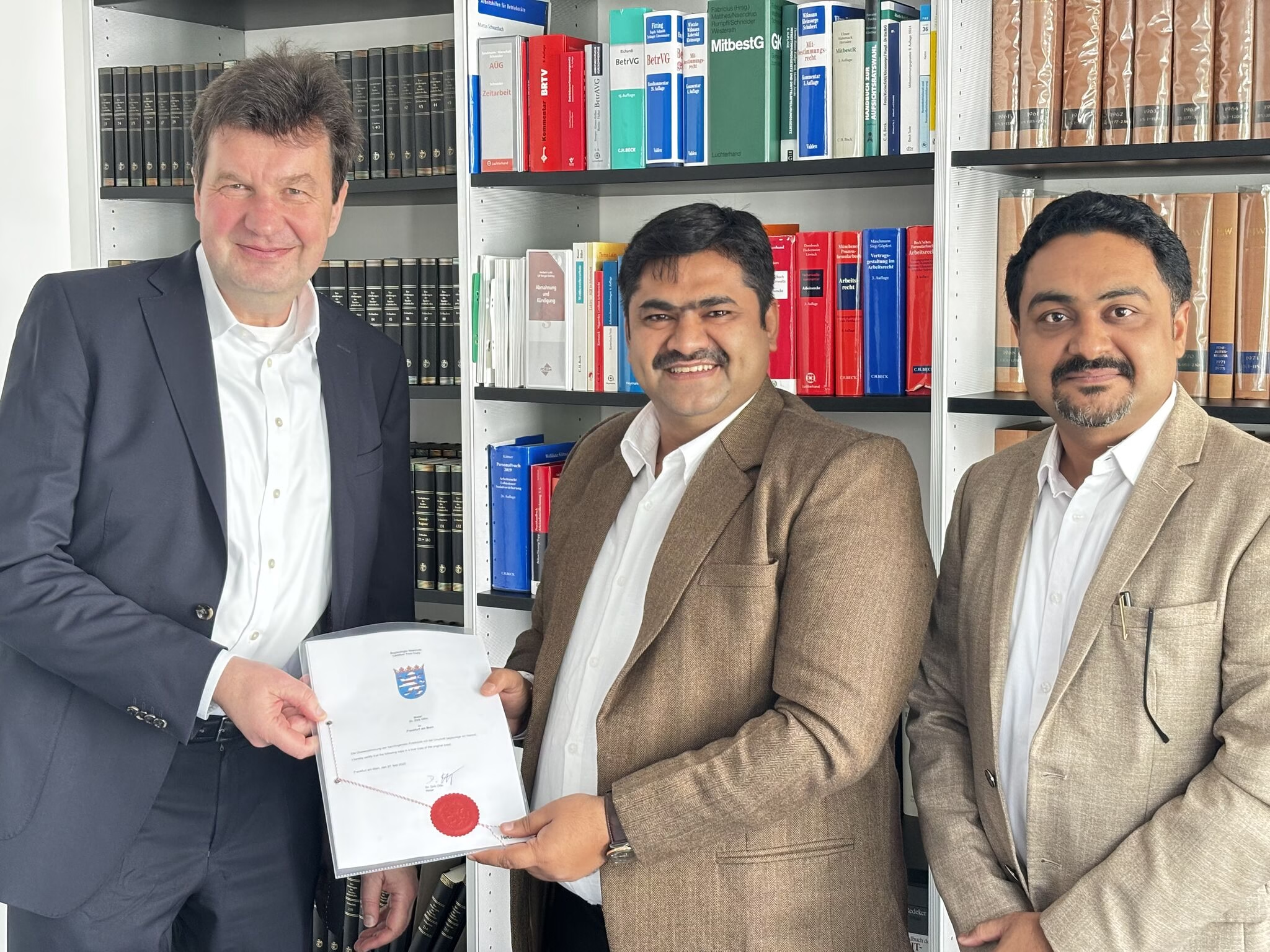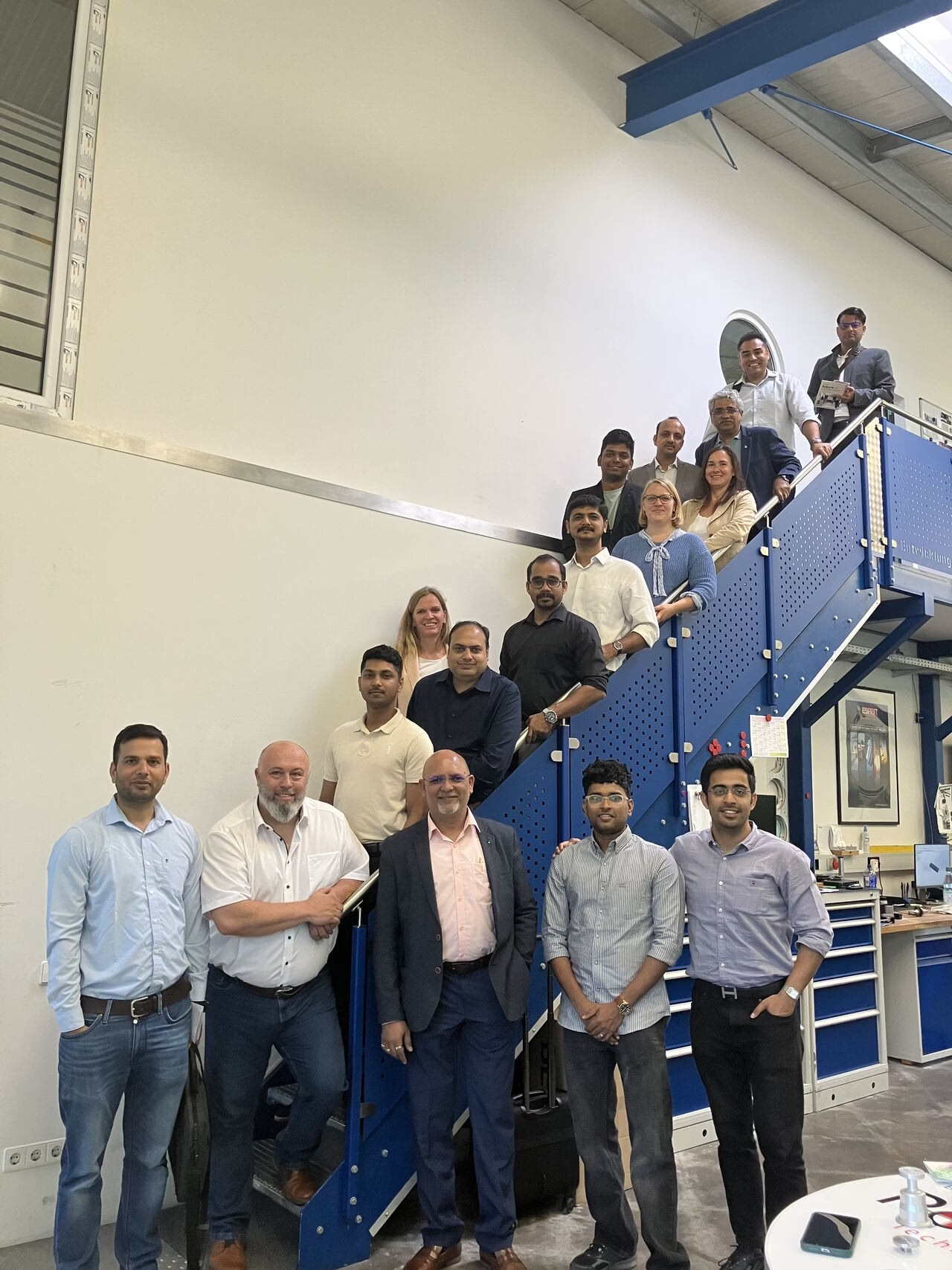
Unlocking Opportunities: How Indian Companies Can Successfully Enter the German Market
Expanding into the German market offers Indian companies a strategic opportunity to establish a foothold in Europe’s largest economy. Germany’s robust industrial base, advanced infrastructure, and central location make it an attractive destination for businesses aiming to grow internationally. This guide outlines key strategies and considerations for Indian enterprises planning to enter the German market.
Understanding the German Market
Germany is renowned for its strong economy, characterized by a highly skilled workforce, technological innovation, and a stable political environment. Key sectors include automotive, engineering, information technology, and renewable energy. The country’s strategic position within the European Union provides access to a vast consumer base, making it an ideal hub for further European expansion.
Market Entry Strategies
- Legal Requirements and Business Registration
Indian companies must navigate Germany’s regulatory framework to establish a legal presence. Common structures include forming a subsidiary (GmbH) or setting up a branch office. The process involves registering with local trade offices, obtaining necessary permits, and complying with tax regulations. Engaging local legal expertise can facilitate a smoother setup. - Establishing a Local Presence
Securing an appropriate office space is crucial. Co-working spaces in cities like Karlsruhe offer flexible solutions, providing modern amenities and opportunities to network with local businesses. This approach allows for scalability and cost-effectiveness during the initial stages of expansion. - Building Local Partnerships
Collaborating with local vendors, suppliers, and service providers is essential for seamless operations. These partnerships can aid in understanding market dynamics, consumer preferences, and supply chain logistics. Participating in industry events and joining local business networks can further enhance visibility and credibility.
Challenges and Solutions
- Navigating Regulatory Landscapes
Germany’s regulatory environment is comprehensive, covering aspects such as labor laws, environmental standards, and data protection. Staying compliant requires continuous monitoring and adaptation. Partnering with local consultants and legal advisors can help ensure adherence to all regulations, mitigating potential risks. - Cultural Adaptation
Understanding and integrating into the German business culture is vital. This includes recognizing communication styles, decision-making processes, and workplace etiquette. Investing in cultural training programs for employees can facilitate smoother interactions and foster strong relationships with German counterparts.
IGBpro.de’s Support for Indian Businesses
At IGBpro.de, we specialize in assisting Indian companies with their expansion into Germany by offering:
- Business Registration Assistance: Guidance through the legal formalities to establish your business entity in Germany.
- Operational Support: Provision of co-working spaces and assistance in setting up your operational infrastructure.
- Networking Opportunities: Facilitation of connections with local partners, vendors, and industry networks to accelerate your market entry and growth.
Conclusion
Entering the German market presents Indian companies with significant opportunities for growth and diversification. By understanding the local landscape, implementing effective market entry strategies, and addressing cultural and regulatory challenges, businesses can establish a successful presence in Germany.
Ready to explore the opportunities that Germany offers? Book a consultation with IGBpro.de today to assess your eligibility and discover how we can support your expansion into this dynamic market.
Frequently Asked Questions
1. What are the key advantages for Indian companies expanding into Germany?
Germany offers a stable economy, advanced infrastructure, access to the European Union market, and a skilled workforce, making it an attractive destination for business expansion.
2. What legal structures can Indian companies consider when entering the German market?
Common structures include forming a subsidiary (GmbH) or establishing a branch office, each with specific implications regarding liability, taxation, and administrative requirements.
3. How can cultural differences impact business operations in Germany?
Cultural differences can influence communication, management styles, and business practices. Understanding these nuances is crucial for effective collaboration and building trust with German partners and clients.
4. What are the common challenges faced by foreign companies in Germany?
Challenges include navigating complex regulatory frameworks, understanding local market dynamics, and adapting to cultural differences in business practices.
5. How can IGBpro.de assist in the expansion process?
IGBpro.de offers comprehensive support, including assistance with business registration, operational setup, legal compliance, and facilitating connections with local partners and networks to ensure a smooth and successful market entry.
Embarking on an expansion into Germany requires careful planning and informed decision-making. By leveraging local expertise and resources, Indian companies can position themselves for long-term success in this promising market.


